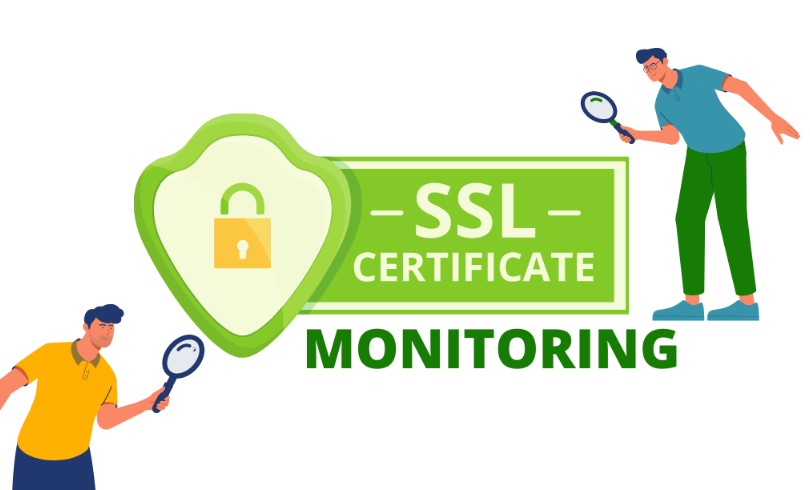In the ever-evolving digital landscape, ssl monitoring website security is more critical than ever. One key element of this security is SSL (Secure Sockets Layer), a protocol that ensures secure and encrypted connections between a web server and a browser. While installing SSL is important, continuous monitoring of SSL certificates is just as crucial. SSL monitoring helps protect your website from security vulnerabilities, data breaches, and trust issues with visitors.
Understanding SSL and Its Importance
What is SSL?
SSL (Secure Sockets Layer) is a cryptographic protocol that provides secure communication over a computer network. It encrypts data sent between a user’s browser and the web server, ssl monitoring ensuring that sensitive information like passwords, credit card numbers, and personal details remain protected from potential hackers.
Why SSL is Necessary
SSL certificates are essential for:
- Data Protection: SSL ensures that the data transferred between your site and your users is encrypted, making it unreadable to unauthorized third parties.
- SEO and Trust: Search engines like Google favor websites with SSL certificates, giving them a ranking boost. Additionally, users trust websites that display the padlock symbol, indicating that the connection is secure.
- Compliance: Many industries require SSL to comply with data protection regulations, such as the GDPR (General Data Protection Regulation) or HIPAA (Health Insurance Portability and Accountability Act).
The Risks of SSL Expiry or Misconfiguration
Security Vulnerabilities
An expired SSL certificate can expose your website to vulnerabilities, allowing cybercriminals to intercept and tamper with sensitive data. Furthermore, a misconfigured certificate can lead to security warnings that deter users from visiting your site.
Trust Issues with Users
When a browser detects an expired or untrusted SSL certificate, it often presents a warning to the user, indicating that the site may not be secure. This damages your credibility, resulting in a significant loss of traffic and trust.
SEO Impacts
Without SSL, search engines may penalize your website, leading to lower rankings and reduced visibility. Additionally, expired certificates could lead to negative SEO impacts as search engines prioritize secure websites.
Benefits of SSL Monitoring
Continuous Protection
SSL monitoring ensures that your website is continuously protected by keeping your SSL certificate up-to-date. Monitoring tools track the certificate’s expiration date and notify you in advance to renew it.
Immediate Alerts for Issues
SSL monitoring tools provide real-time alerts if there are issues with your certificate, such as an impending expiry, incorrect installation, or a security vulnerability. These timely notifications allow you to resolve problems before they affect your website’s performance or reputation.
Improved Customer Confidence
By maintaining an active SSL certificate and monitoring it regularly, you build trust with your customers. Knowing that your website is secure and protected enhances their confidence in your business, making them more likely to interact with your site and share sensitive information.
Best Practices for SSL Monitoring
Automate Monitoring Processes
Manual monitoring of SSL certificates can be cumbersome and prone to human error. By automating the process with SSL monitoring tools, you can ensure that your website remains secure without constant manual intervention.
Choose a Reliable SSL Monitoring Service
Select a trusted and reliable SSL monitoring service that provides real-time alerts, automated renewal options, and detailed reports on your certificate’s status.
Keep Backup SSL Certificates
Always have backup SSL certificates in place to ensure there is no downtime during certificate renewal or reinstallation processes. This avoids potential disruption and security warnings to your users.
Conclusion
SSL monitoring is an essential aspect of website security. It protects your data, maintains user trust, and ensures compliance with industry regulations. By regularly monitoring SSL certificates, you can avoid security vulnerabilities, maintain strong SEO rankings, and provide a seamless and secure browsing experience for your users. Ensuring that your SSL certificate is always up-to-date is a proactive approach to safeguarding your online presence.
